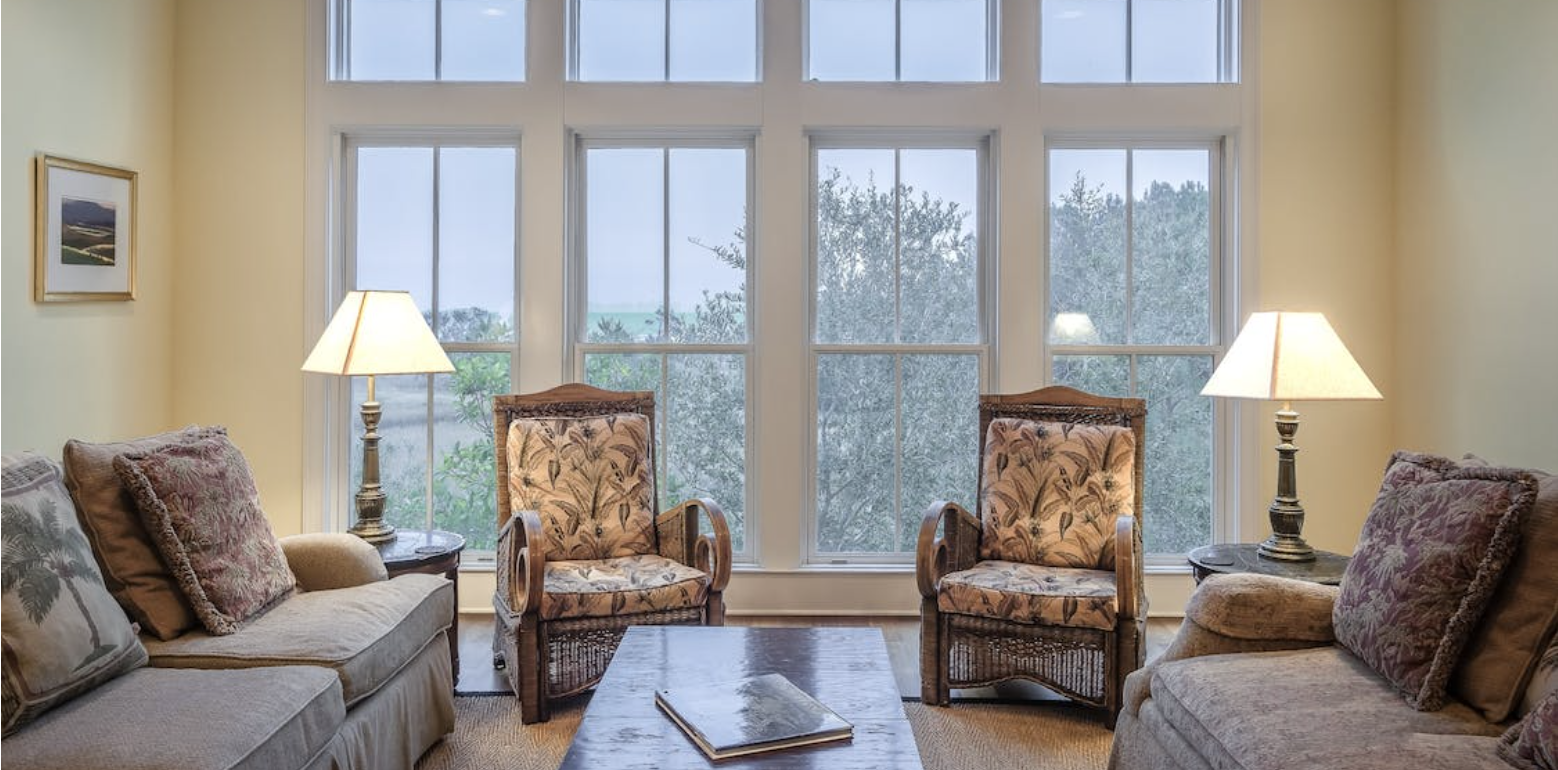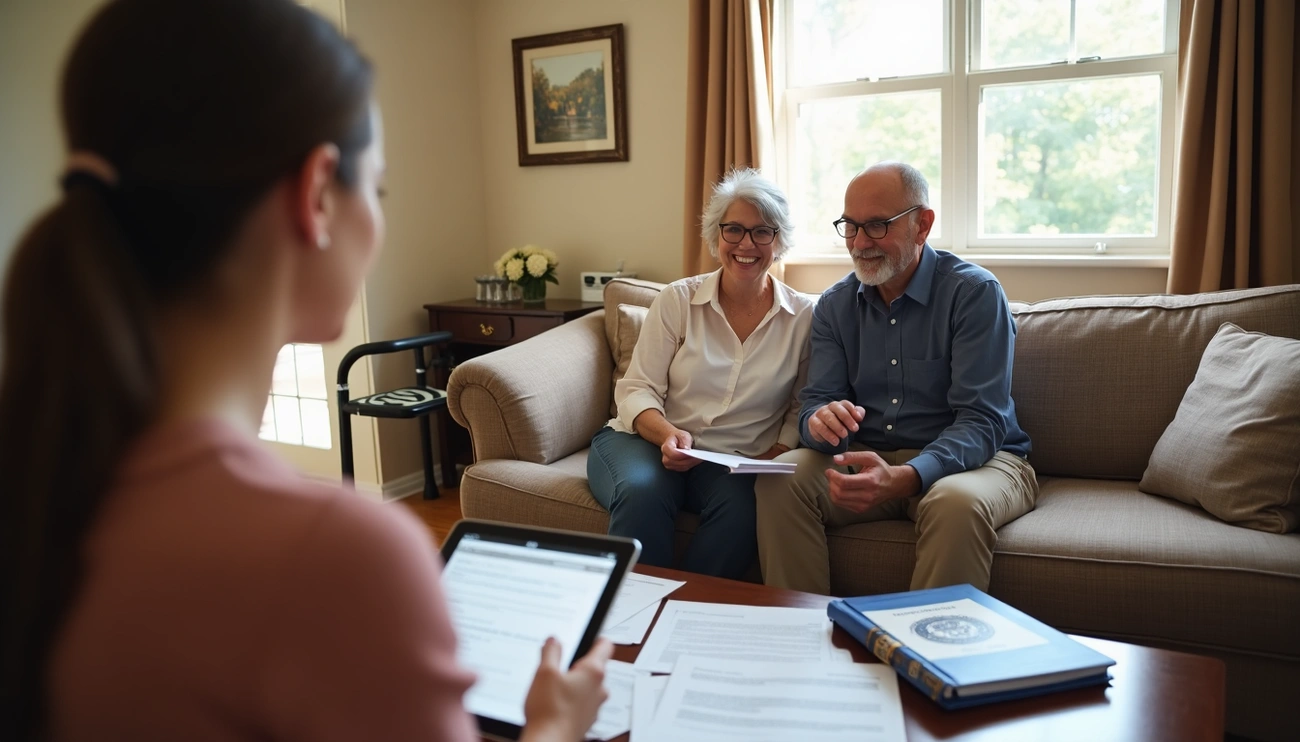In 2024, the New Jersey Medicaid program, NJ FamilyCare, continues to provide crucial assistance to a vast number of residents who require long-term care services. This article discusses the various aspects of NJ FamilyCare’s Managed Long Term Services and Supports (MLTSS) program, including its benefits, eligibility criteria, and application process. This piece of information is designed to be a comprehensive guide for individuals and families navigating the complex landscape of Medicaid coverage for long-term care in New Jersey.
Understanding New Jersey’s MLTSS Program
New Jersey’s MLTSS program is an essential part of the state’s Medicaid initiative, known as NJ FamilyCare. It offers a wide range of long-term services to New Jersey residents who require substantial assistance with activities of daily living. These services are available regardless of whether you reside in a nursing home, an assisted living facility, or your own home.
The MLTSS program extends beyond the standard NJ FamilyCare Plan A, offering additional services such as care management, home modifications, meal provision, and coverage for long-term care facility costs. The specific long-term care benefits an individual receives are tailored to their unique needs and circumstances.
Income and Asset Eligibility for NJ FamilyCare
To qualify for MLTSS in New Jersey, individuals must meet certain financial and medical criteria. The financial eligibility is determined by the applicant’s Modified Adjusted Gross Income (MAGI), as indicated in their most recent federal tax return. The current income limit for an applicant is set at $2,742 per month, regardless of their marital status. When both spouses are applicants, each spouse is considered individually, with each allowed an income up to $2,742 per month.
In terms of assets, an individual applicant can retain up to $2,000 in cash/non-exempt assets. For married couples, with both spouses as applicants, the asset limit is $3,000. Certain assets, such as the applicant’s primary home, household furnishings, personal effects, and a vehicle, are not counted towards Medicaid’s asset limit.
Benefits Under MLTSS Program
In addition to medical benefits like doctor’s appointments, laboratory services, and hospitalization, a range of home and community-based services (HCBS) are available through MLTSS. These may include adult day health care, personal care, chore services, home modifications, meal delivery, nursing facility care, and respite care, among others. The exact services a program participant receives are determined by their individual care plan.
Interestingly, the MLTSS program allows for some flexibility in choosing care providers. For certain services, such as home-based supportive care, program participants can hire their own caregiver. This could include family members, spouses, or adult children.
Applying for MLTSS
Before applying for the MLTSS program, applicants must ensure they meet the eligibility criteria to avoid denial of benefits. The application process involves gathering necessary documentation, such as Social Security and Medicare cards, bank statements, proof of income, and copies of life insurance policies, among other things.
To enroll in the MLTSS program, individuals must be eligible and enrolled in Medicaid (NJ FamilyCare). Once enrolled in NJ FamilyCare, individuals should contact their Managed Care Organization (MCO) to request a functional assessment for MLTSS.
The Impact of New Jersey’s FY 2024 State Budget on the Long-Term Care Industry
As per the Fiscal Year 2024 Appropriations Act signed into law by Governor Phil Murphy, significant investments are being made towards services targeting seniors, including those within the state’s many nursing homes and assisted living facilities. The FY 2024 State Budget legislation includes an additional $45 million in state funding for nursing homes.
However, specific budget items aimed at assisted living and comprehensive personal care homes were not included in the state budget. Despite this, legislation is expected to be codified into law that will positively impact the rates received by healthcare providers.
In Conclusion
The New Jersey Medicaid Nursing Home Eligibility Information for 2024 provides a comprehensive guide for individuals and families seeking long-term care assistance. Navigating the landscape of Medicaid coverage can be complex, but with the right information and guidance, it is possible to understand and take advantage of the benefits available through programs like MLTSS. As always, it is recommended to consult with a Medicaid Planner or legal professional to ensure the best possible outcome when applying for Medicaid long-term care benefits.












